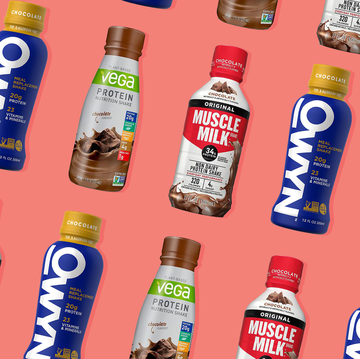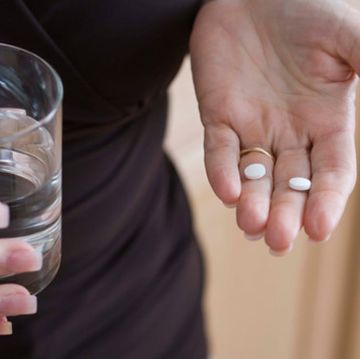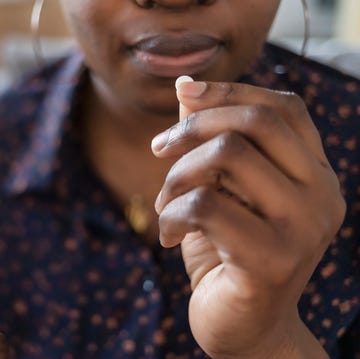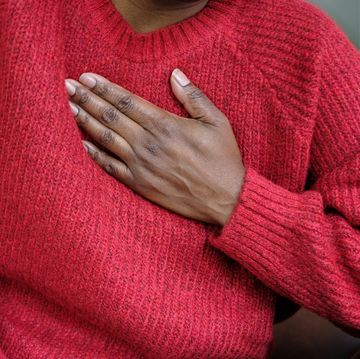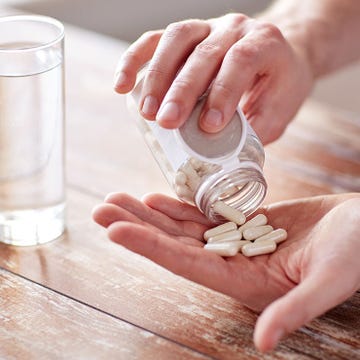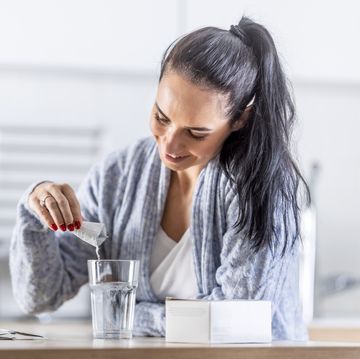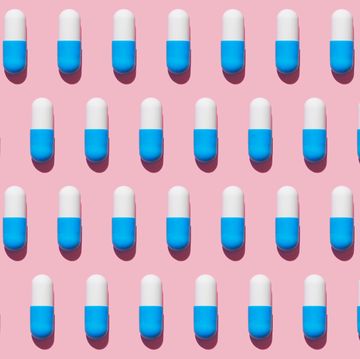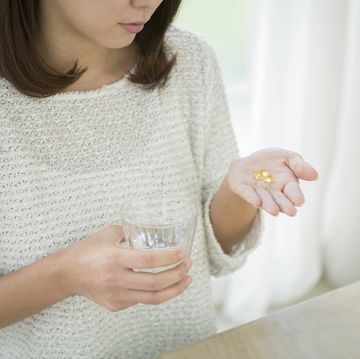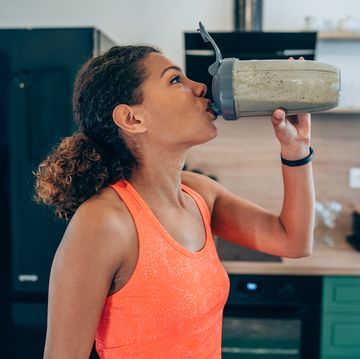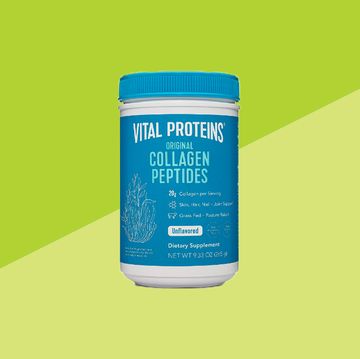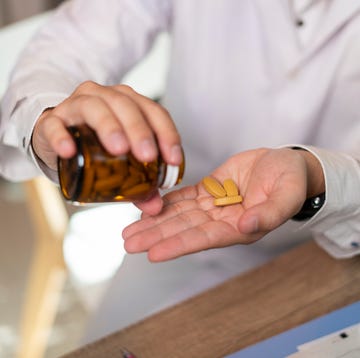This is a polarizing topic, but there's a good chance you're vitamin D deficient (usually defined as having 10 or fewer ng/mL of vitamin D in your blood) or insufficient (with over 10 to 20 ng/mL).
Ideal levels are debated but are likely 50 to 80 ng/ml—it's a spectrum. Among older people, not getting enough of the sunshine vitamin is linked to an increased risk of falls, fractures, and osteoporosis. We can't say it causes diseases in younger people, but it's tied to all sorts, from depression to polycystic ovary syndrome.
MORE: 10 Worst Things That Can Happen When You Don't Get Enough Vitamin D
Bottom line: There's still a lot to learn. Try to get 10 to 15 minutes of sunlight a day (with sunscreen on your face and hands), or have your vitamin D level checked to see if you need a supplement.
Dr. Jennifer Ashton is cohost of The Doctors, senior medical contributor for ABC News' Good Morning America, and a practicing ob-gyn in New Jersey.


